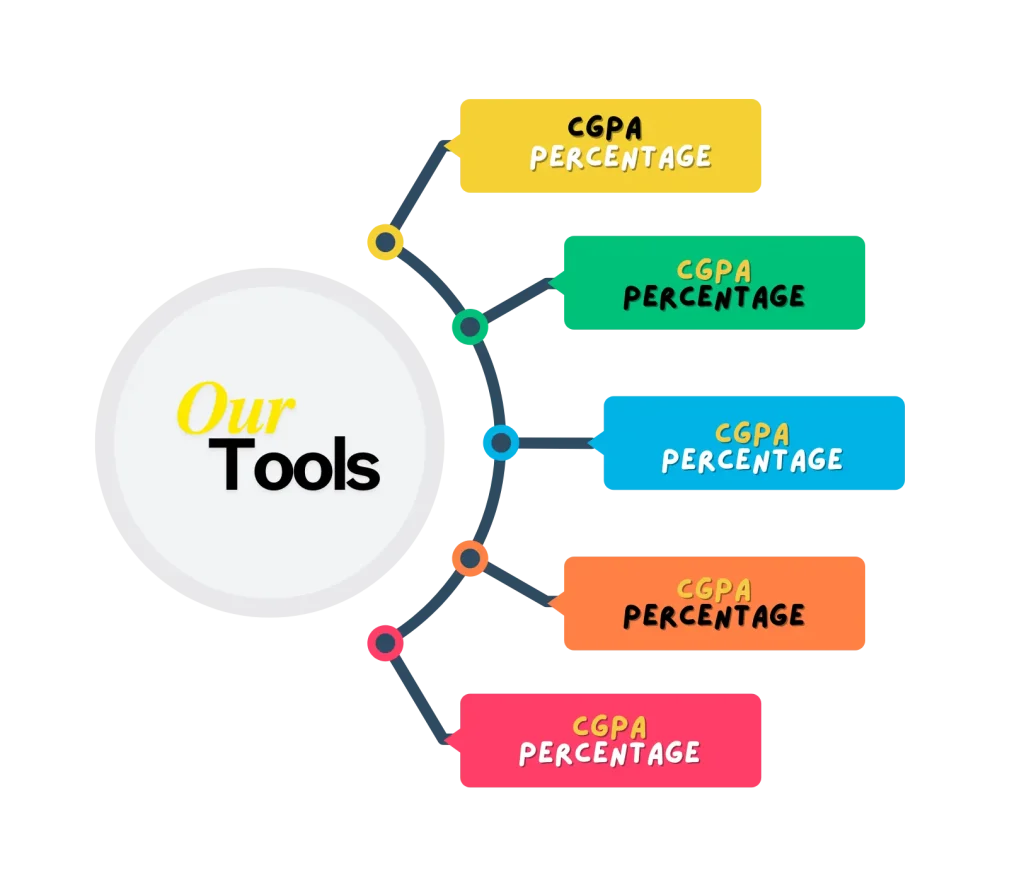10 Effective Tips to Improve Your Academic Grades Quickly

Sometimes, even the brightest students find themselves underperforming in academics. However, it’s important to remember that setbacks don’t define your potential. With dedication and effective strategies, you can significantly boost your academic performance and achieve your goals. Here are ten actionable tips to help you improve your grades and overcome academic challenges.
Why Getting Good Grades is Important?
Good grades are often regarded as a key to unlocking numerous opportunities in both academic and professional realms. While they are not the sole measure of intelligence or potential, good grades provide tangible benefits that pave the way for future success. Here are some of the most significant advantages:
Different Reasons You Might Be Underperforming
Underperformance in academics is rarely a result of low intelligence. More often, it stems from behavioral, environmental, or situational factors that impact a student’s ability to excel. Below are some common reasons why students might struggle academically:
Lack of Proper Guidance
Some students require additional support to understand complex topics. Whether it’s seeking help from teachers, joining study groups, or engaging a tutor, the lack of guidance can leave students struggling to grasp key concepts, ultimately affecting their grades.
Time Management Challenges
Balancing academics with extracurricular activities, part-time jobs, or personal responsibilities can lead to poor time management. Without a structured schedule, students often fall behind in assignments and fail to allocate sufficient time for study and revision.
Emotional or Environmental Stress
External factors like family issues, peer pressure, or personal stress can also impact academic performance. These distractions make it difficult for students to concentrate and perform to the best of their abilities.
Gaps in Understanding
Falling behind in one class or semester can create gaps in knowledge that affect future learning. Without addressing these foundational weaknesses, students may struggle to keep up with their coursework.
10 Tips to Improve to Grades
Improving your grades might seem challenging, but with the right strategies, it’s entirely achievable.

1. Adopt a Positive Attitude
It’s natural to feel disappointed when your grades don’t meet your expectations. However, dwelling on negativity won’t help. Instead, focus on maintaining a positive mindset. Use setbacks as opportunities to learn and grow. Start taking control of your situation by setting clear goals and making a plan to improve. Remember, confidence and persistence are your strongest allies on this journey.
2. Set Clear Goals
Without clear goals, it’s difficult to measure progress or determine the steps needed to improve. Take some time to define your academic objectives. Break them into smaller, achievable targets, such as mastering a specific topic or improving in a challenging subject. Tracking your progress will help you stay motivated and focused.
3. Identify Your Weak Areas
Improvement begins with understanding what needs to be improved. Analyze your weaker subjects or topics and devote extra time to them. Reflect on why you struggle in these areas—whether it’s a lack of understanding, insufficient practice, or a need for additional guidance—and address these issues systematically.

Our Tools
4. Ask Questions
Don’t hesitate to ask questions in class or during study sessions. Clarifying doubts promptly is crucial for building a strong foundation in any subject. Teachers and tutors appreciate curious students, as it shows your eagerness to learn. Staying attentive in class and engaging with the material will significantly improve your understanding and retention.
5. Use Diverse Learning Resources
Different resources often explain concepts in unique ways, which can enhance your understanding. Explore textbooks, online tutorials, videos, and study guides to gain multiple perspectives on challenging topics. This approach can help you grasp difficult concepts more effectively and expand your knowledge base.
6. Develop Note-Taking Skills
Effective note-taking can make a big difference in your studies. Write concise, organized notes during lectures and while studying. Well-prepared notes help in better understanding and retention of concepts and serve as a valuable resource during revisions. Focus on key points, definitions, and examples to create a comprehensive yet easy-to-review study aid.
7. Stay Organized
A cluttered environment can hinder your focus and efficiency. Organize your study materials and create a dedicated workspace to boost productivity. Additionally, maintain a study schedule to allocate sufficient time for each subject, ensuring a balanced and effective study routine.
For more strategies to time mangement and productivity, explore this detailed guide on effective time management.
8. Practice Regularly
Some subjects require consistent practice to master concepts. Dedicate time daily to solving problems, completing exercises, or revisiting previously learned material. Regular practice reinforces your understanding and builds confidence, especially in subjects like math and science.
9. Consider Online Tutoring
If you find yourself struggling despite your best efforts, online tutoring can provide the guidance you need. Many platforms offer personalized sessions that cater to your learning pace and style. With access to experienced tutors, you can clarify doubts, strengthen weak areas, and improve your overall academic performance.
10. Prioritize Revision
Studying a concept once isn’t enough to master it. Regular revision is essential to reinforce what you’ve learned and ensure long-term retention. Create a revision schedule and revisit key topics periodically. This practice will help you stay prepared for exams and boost your confidence.
Final Thoughts
Low grades should never discourage you or make you question your potential. Instead, view them as a temporary obstacle on your path to success. By adopting these strategies and maintaining a determined mindset, you can achieve your academic goals and unlock your full potential. Remember, persistence, planning, and positivity are the keys to academic excellence.
Start implementing these tips today, and watch your performance improve step by step. You’ve got this!
Want more content like this?
Get articles & insights direct to your inbox.
